Recent articles from the AQR Library
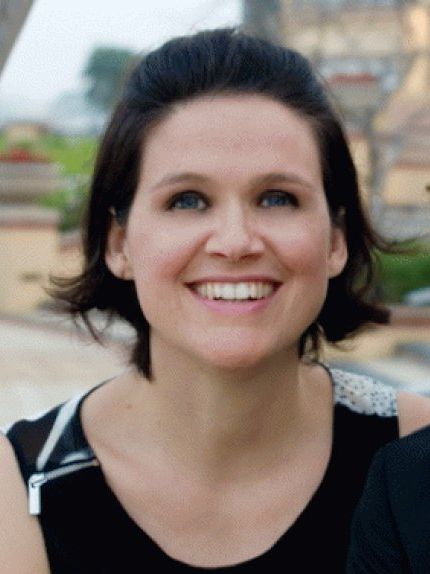 A good night's sleep is the key to happiness
A good night's sleep is the key to happinessThe winner of the AQR Qualitative Excellence Award 2023, Reinventing Ollie by Stephanie Holland of Hush, was a case study which the judges said stood out as a great example of how insightful qual can successfully help a brand evolve and re-invent itself.
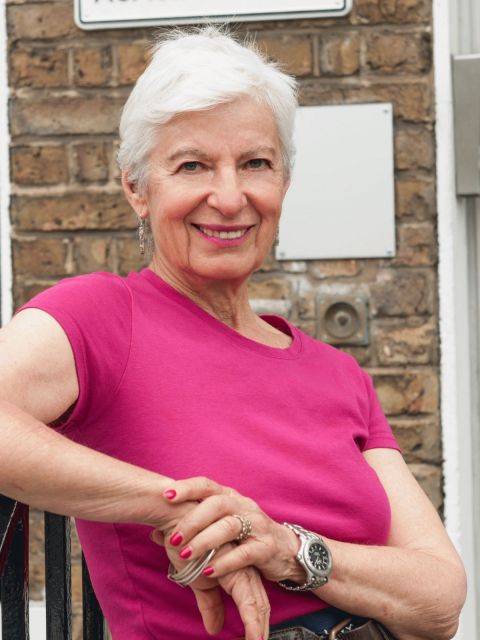 Wendy Gordon (1942-2023)
Wendy Gordon (1942-2023)On Wednesday 15th November, AQR lost one of its most pioneering and dynamic members, when Wendy Gordon passed away. In a career that spanned over five decades, she was integral to the process of shaping qualitative market research in the UK and worldwide.
 AI: A new beginning for qual?
AI: A new beginning for qual?A full house was virtually guaranteed for the topic of the moment: AI, and how it might impact qualitative research. Attendees for this event, held at Truth Consulting's offices, were in search of answers and interaction. The day did not disappoint.
 Obituary: Geoff Payne
Obituary: Geoff PayneWe are extremely sad about the sudden death of Geoff Payne, Co-Founder of Thinktank and, before that, the HPI Research Group, and a former chair of AQR.
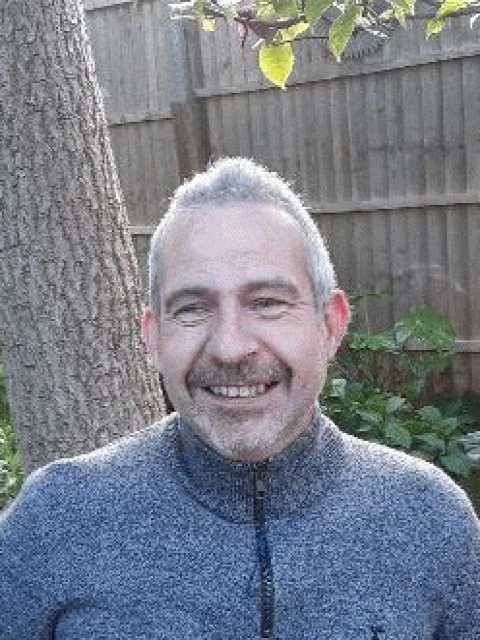 Stop villainising people
Stop villainising peopleThe 2012 Paralympics placed positive images of those with disabilities in the media, but what's happened since?
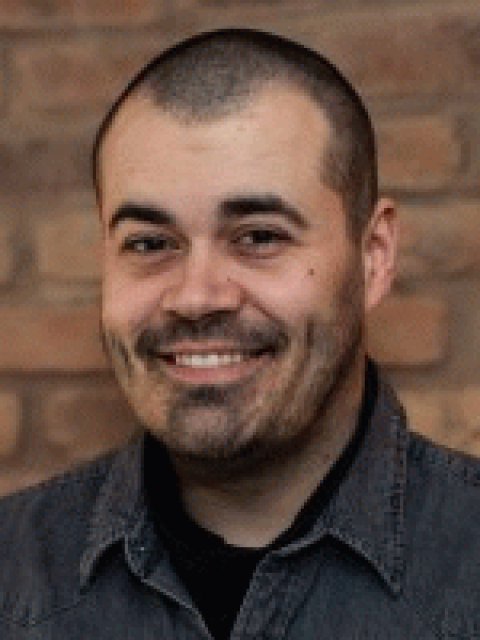 Making digital fit for purpose
Making digital fit for purposeAccessibility is a subject that Government takes very seriously. Hardly surprising, since it affects roughly one in five of the population. But what exactly does this mean in practice?
 Let's cut water at kitchen sink
Let's cut water at kitchen sinkBlue Marble's entry to AQR's 2021 Qualitative Excellence Award gained a "highly commended", revealing how video technology can be used to research household water usage.
 Planning for the future
Planning for the futureMost of those reading this article won't have been prevented from gaining an education, a job, or leaving home, because of a disability, but can research make a difference?
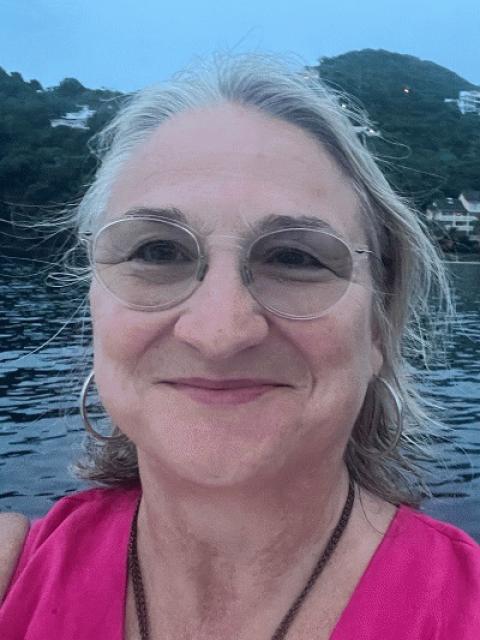 Energising world of insight
Energising world of insightIf the qualitative research industry is feeling a bit flat, then maybe it's time to look outside its borders for ways to revitalise it. Liz Norman offers a few suggested routes.
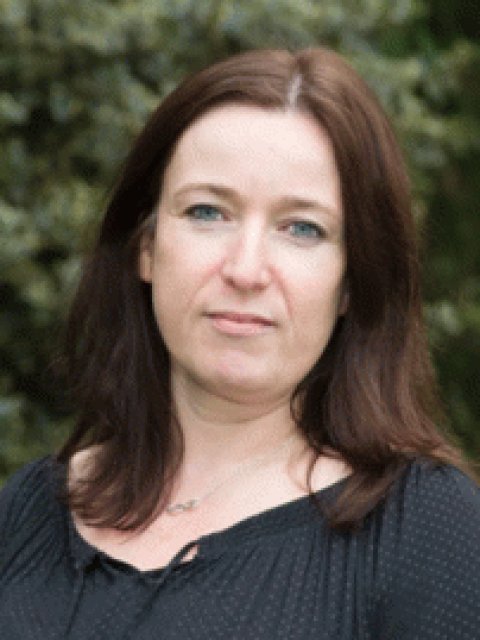 Energy, Circardian Rhythms and Self Talk
Energy, Circardian Rhythms and Self TalkCan tuning in to our circadian rhythm help us maintain high energy levels? It might, aligned with a bit of self talk.
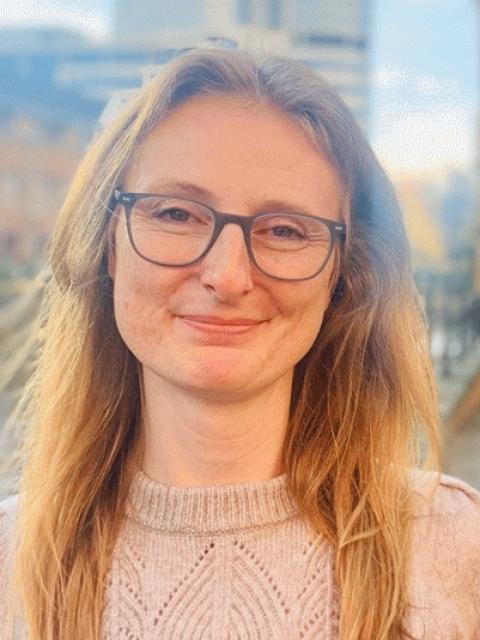 Sl�inte! The challenge of launching a young, premium, Scottish whisky
Sl�inte! The challenge of launching a young, premium, Scottish whiskyThe 2021 winner of the AQR Qualitative Excellence Award, Claire Boorman of Boxclever, together with William Dobbie of R&B Distillers, showed how the Isle of Raasay distillers challenged category convention to launch a young, premium, Scottish whisky.
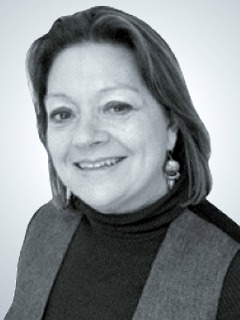 Qual and a higher calling
Qual and a higher callingLet's not forget that vocations can be extraordinary too, not least that of Fiona Jack. Tuesday to Thursday she's a quallie, but Friday, Sunday and Monday she'll be working as a curate.
 (Extra)ordinary people
(Extra)ordinary peopleInterconnectedness is on the rise: we hear from ordinary people in extraordinary situations more often, but we still need to champion superdiversity in research globally.
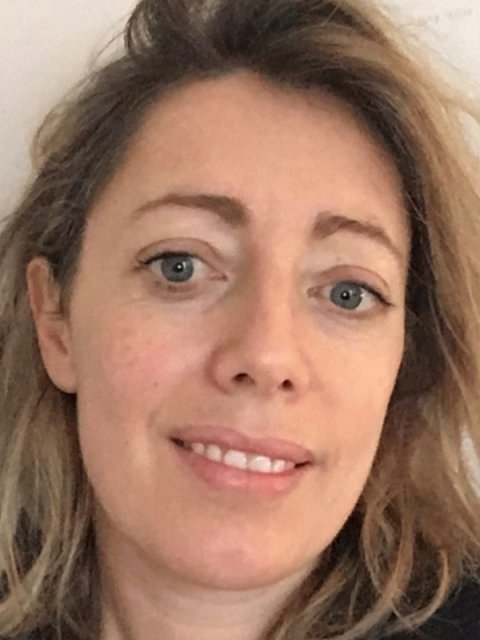 Mindset around obesity
Mindset around obesityThere's an extraordinary shared narrative that we choose to ignore. It concerns obesity, as highlighted by the case study in AQR's Qualitative Excellence Award shortlist.
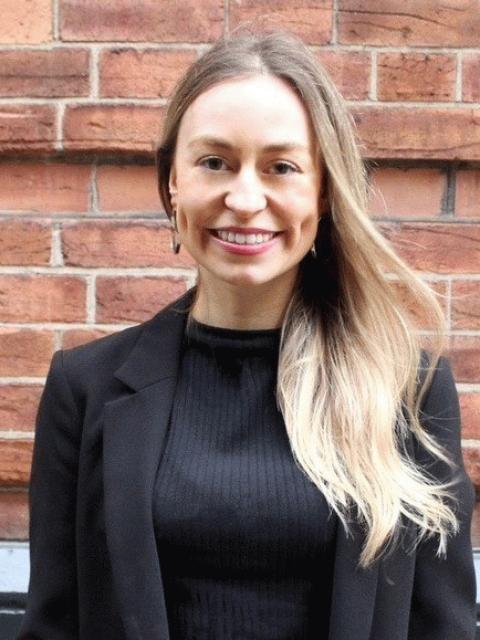 Extraordinary adventures of qual
Extraordinary adventures of qualSpace: the final frontier. The year: 2367. We are on board the Starship Enterprise on its continuing mission to explore strange new worlds and civilisations. What are we doing here?
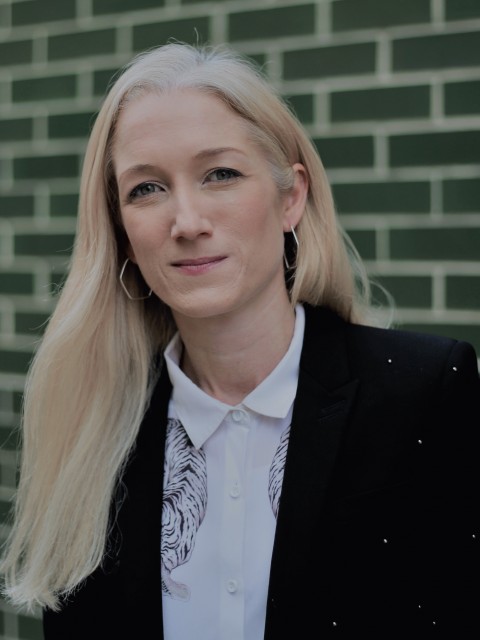 Sustainability is a team sport
Sustainability is a team sportThe qualitative research industry, like many others, is grappling with how to be more sustainable and finds that a good place to start is with the people we work with.
 Creativity will be the key
Creativity will be the keyAs qualitative researchers our work revolves around questions and answers but sustainability is the big one, requiring change on a multitude of levels.
 The Comfort Conundrum
The Comfort ConundrumIn this case study, Stephanie Holland reveals how qual research re-envisioned what soothing means for mothers.
 Winning support for taxing wealth
Winning support for taxing wealthThe third case study from the 2020 AQR Qualitative Excellence Award finalists reveals how public attitudes towards tax, wealth and public services have been shaped by the pandemic.
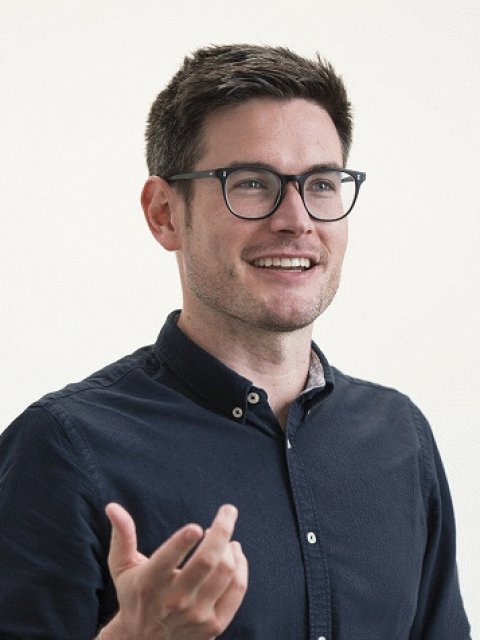 Exploring listener needs
Exploring listener needsHook Research's entry to the 2020 AQR Qualitative Excellence Award was highly commended by judges. Sam Harris reveals how it helped BBC Radio navigate the UK's music landscape.
 Ad trends in a lockdown
Ad trends in a lockdownWe tend to take advertising for granted, but the pandemic has made it challenging, both practically and creatively, to keep it going. Jon Evans offers insights on how it's been achieved.
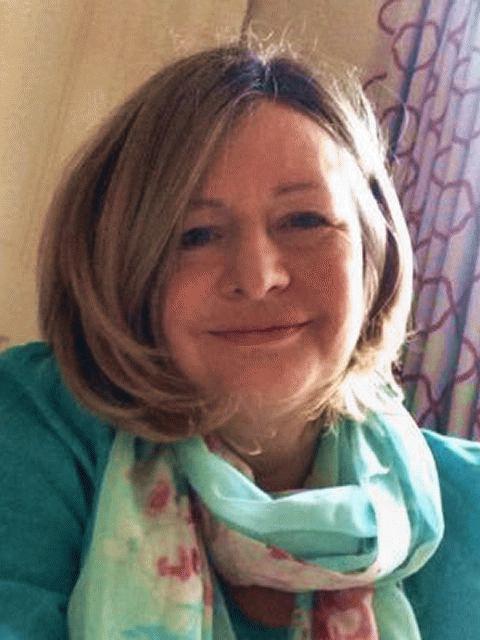 Fancy being a novelist?
Fancy being a novelist?It may be stretching a point to say that our industry attracts more than its fair share of creatives, but Kirsten Hesketh explains how it can hone writing and communication skills.
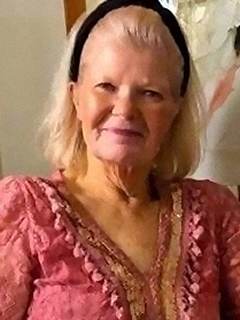 Safety net of routines
Safety net of routinesHas lockdown stifled or encouraged creativity? Janet Weight- Reed, a working artist for nearly 50 years, says the answer lies in the attitude we bring to each day, lockdown or not.
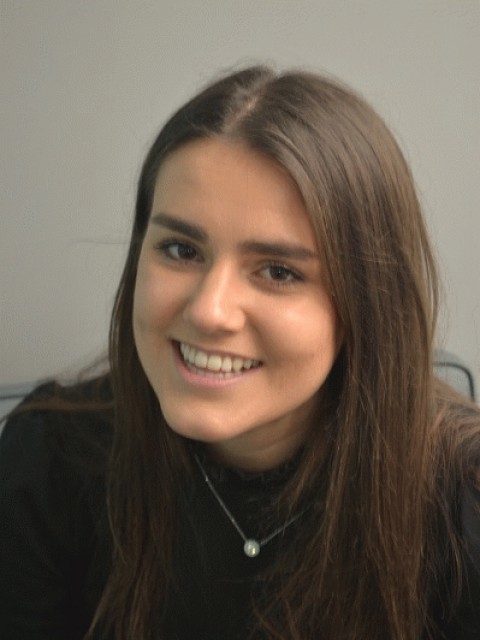 Thinking inside the box
Thinking inside the boxLife has been rather boring of late, but take heart: brands have been devising new formats to treat us.
 Getting rid of tokenism
Getting rid of tokenismThere is no magic formula for brands wishing to improve their diversity and inclusivity, small wonder because it would change constantly, but there is a definite thirst for change.
 Lurpak: Feeding the imagination
Lurpak: Feeding the imaginationBread and butter, what could be nicer? Or more boring for advertising! Lurpak realised this years ago and instead championed the cause of great home cooking in its award-winning global advertising.
 Future Gazing
Future GazingIt's that billion-dollar question: what will the research agency of the future look like? More importantly, what business models will serve the qualitative industry best?
 Putting inclusivity at MR's heart
Putting inclusivity at MR's heartColour of Research (CORe), a global community promoting diversity in research, is flying high. In Brief talks to co-founder Theo Francis about its evolution. So why isn't BAME helpful? Are carrots always better than sticks?
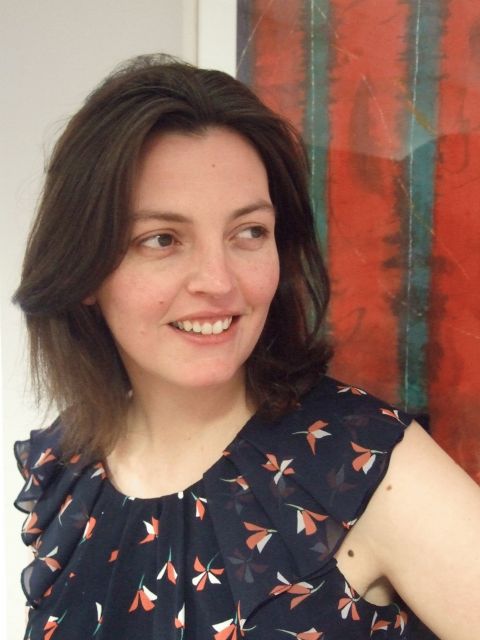 When digital isn't the answer
When digital isn't the answerColoured pens and sticky notes triumph in the digital age. For Brackenhurst College, keen to attract teens to its vocational courses, it reignited engagement.
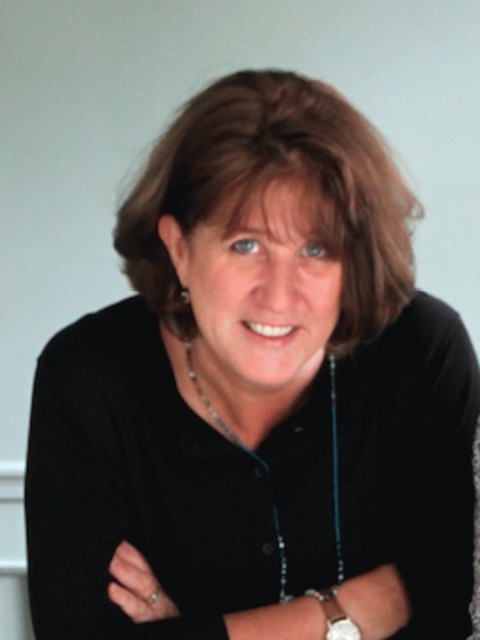 Positives from negatives
Positives from negativesJane Sharp charts how an issue that has been debated for years, that of remote consultation and online technology which enables doctor-patient contact, has suddenly turned into reality. What lessons can the qualitative research industry learn from this?
 Standouts from Impact
Standouts from ImpactThe MRS Conference is just a few short weeks ago, but already it seems like a lifetime. Still, there is good reason to remember many lessons learned, which could prove critical post-lockdown.
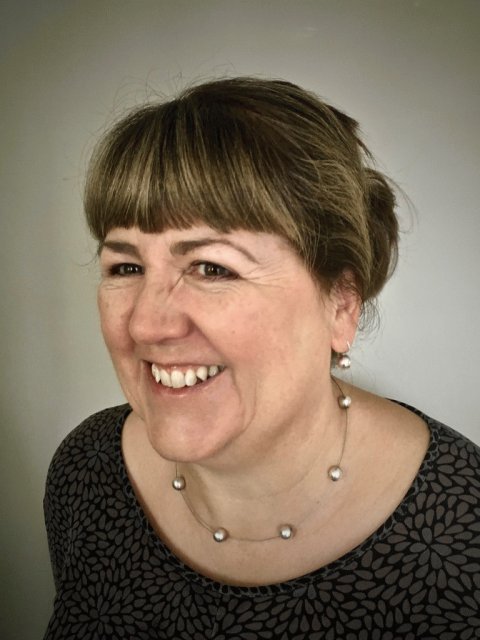 Tax threat from HMRC
Tax threat from HMRCAQR's webinar on the introduction of IR35 was billed as an attempt to inform members how it would affect clients and freelancers, but we now have an extra year to plan.
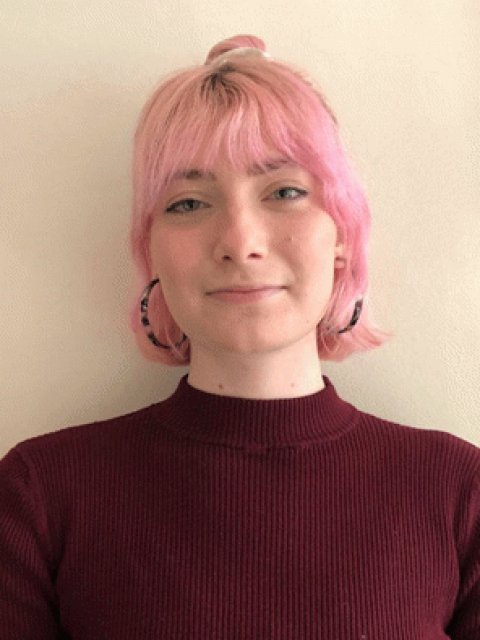 Staying sane in a crisis
Staying sane in a crisisIf ever there was a timely webinar it was this one, designed to help AQR's Young Disruptors' mental wellbeing when working and living at home just as the lockdown started.
 We're all progressives now?
We're all progressives now?AQR members did well at the MRS Conference this year, not least Peter Totman who, though his presentation didn't unleash the torrent of questions he expected, was put forward for best paper.
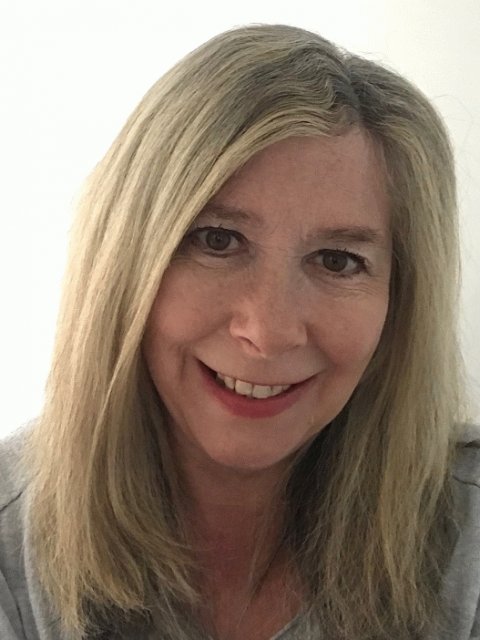 Fieldwork Flashback
Fieldwork FlashbackIn the 1980s, our only means of communication for qualitative recruitment was a dial-phone attached to a landline. Everything was typed as most companies had their own printing department (normally in a dingy basement).
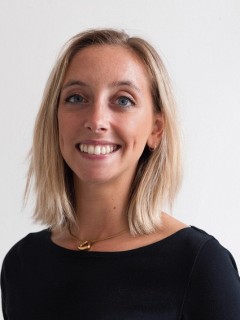 What we learned from Quirk's
What we learned from Quirk'sThere was a definite buzz in the air at the recent Quirk's Event, of an industry itching to learn and share the newest and most exciting developments in market research.

